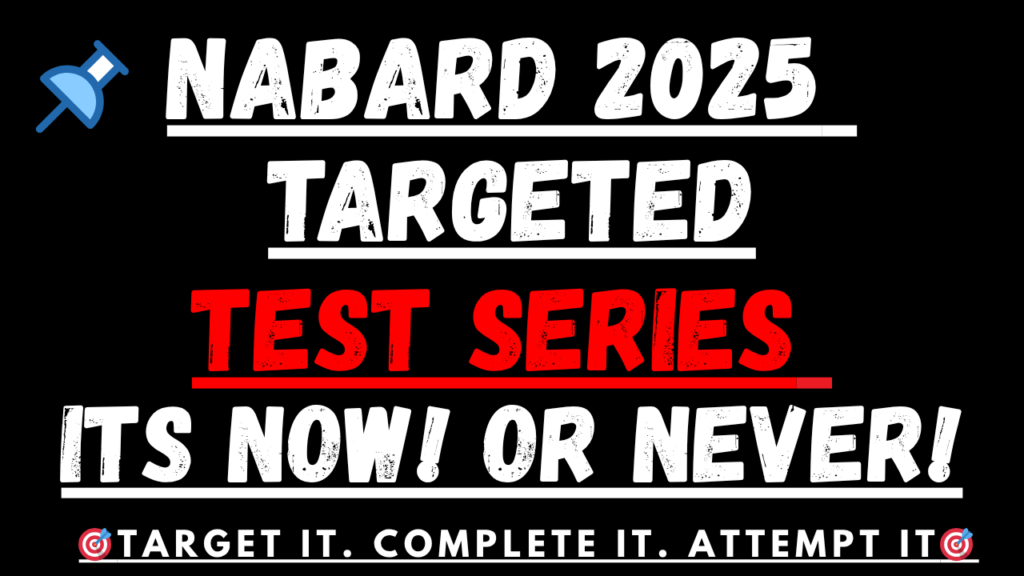Context:
The Securities and Exchange Board of India (SEBI) clarified before the Bombay High Court that:
- Deeds of Family Settlement (DFS) and similar family agreements must be disclosed by listed companies under LODR Regulations.
- However, such disclosures do not impose binding obligations on the company itself.
Deeds of Family Settlement (DFS)
- A legal agreement between family members concerning family-owned businesses, properties, or shares.
- Purpose:
- Resolve disputes among family members without litigation.
- Divide assets, shares, or responsibilities among heirs.
Listing Obligations and Disclosure Requirements (LODR)
- SEBI regulations that require listed companies to maintain transparency, accountability, and fair treatment of investors.
- Purpose:
- Protect investors’ interests.
- Ensure disclosure of material information affecting company performance or share price.
- Examples of Disclosures under LODR:
- Financial results, corporate governance reports.
- Changes in shareholding, promoter pledges, and agreements like DFS.
SEBI’s Stand on DFS Disclosure
- Disclosure is Mandatory:
- DFS agreements are considered material information under LODR.
- Shareholders must be informed to ensure transparency.
- No Binding Effect on the Company:
- Disclosure under Regulation 30A does not create or enforce private contractual obligations.
- Companies are not restricted or liable due to DFS disclosures.
- Management or control of the company is unaffected by these disclosures.
In short:
- DFS → Family agreement on assets/shares.
- LODR → SEBI rules requiring disclosure of material information.
- SEBI clarification → Disclose DFS for transparency, but it doesn’t bind or limit the company.



















